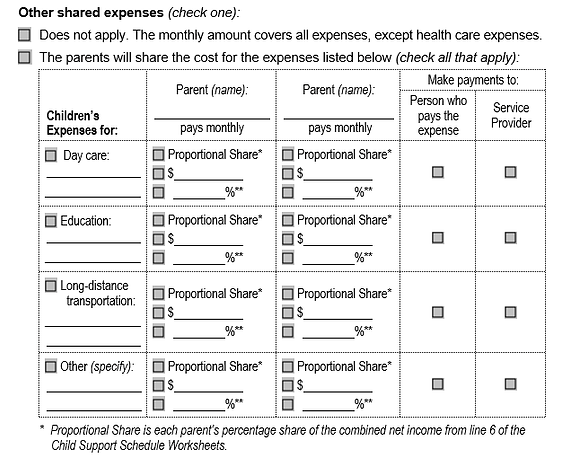Alright, so I had this friend, let’s call him Mark, who was going through a nasty divorce. He kept saying something about “entertainment expenses” and how they’d affect the settlement. I was like, “Dude, what are you even talking about?” So, I did what any good friend would do – I dove into it.
First things first, I started Googling. “What is considered entertainment expense during a divorce?” Popped that sucker in and got a ton of legal-ish stuff. Basically, entertainment expenses are anything you spend on fun activities. We’re talking dinners out, concerts, sporting events, vacations – anything that isn’t a necessity.

Then, I tried to figure out why it even mattered in a divorce. From what I gathered online, these expenses could be relevant in a couple of ways:
- Standard of Living: Courts often look at the lifestyle the couple enjoyed during the marriage to determine alimony or spousal support. If they routinely dropped serious cash on fancy dinners and weekend getaways, the court might consider that part of their normal standard of living.
- Marital Waste: This is where it gets messy. If Mark started racking up huge entertainment bills after things went south, and especially if he was using marital funds on dates with someone else, his wife’s lawyer could argue he was “wasting” marital assets. That means he could get less in the settlement.
So, I sat down with Mark and we went through his bank statements. Seriously, line by line. It was painful, but necessary.
What we did was basically create two categories:
- Pre-Separation: We looked at entertainment expenses before he and his wife decided to split. We noted how often they went out, how much they typically spent, and what kind of activities they enjoyed. This helped establish their “normal” entertainment habits.
- Post-Separation: This is where things got interesting. Mark had been trying to “cope” with the divorce by going out more. We had to figure out if these expenses were excessive compared to their pre-separation spending. We also had to see if he was using marital funds for anything… ahem… questionable.
Here’s where it got tricky. A few times, Mark paid for dinner with his new girlfriend using a credit card tied to a joint account. Not good. We documented those instances carefully. He agreed to disclose them upfront to his lawyer. Transparency is key, you know?
We also found some ambiguous expenses – like “ATM withdrawal” followed by a dinner receipt. We couldn’t prove what those were for. His lawyer advised him to just be prepared to explain them if asked.
The Outcome?
Well, Mark’s divorce is still ongoing, but having a clear picture of his entertainment expenses definitely helped his lawyer build a stronger case. They were able to argue that his post-separation spending, while higher, wasn’t entirely unreasonable given the circumstances. They also mitigated the damage from the “girlfriend dinners” by acknowledging them upfront.

My takeaways from this whole experience:
- Keep good records of your spending, especially if you’re going through a divorce.
- Be honest with your lawyer about everything, even the embarrassing stuff.
- Don’t go crazy with the entertainment budget after you separate, especially if you’re using marital funds.
Honestly, it was a pain in the butt, but helping Mark get organized made a difference. Plus, I learned a lot about divorce law in the process. Who knew entertainment expenses could be so important?














